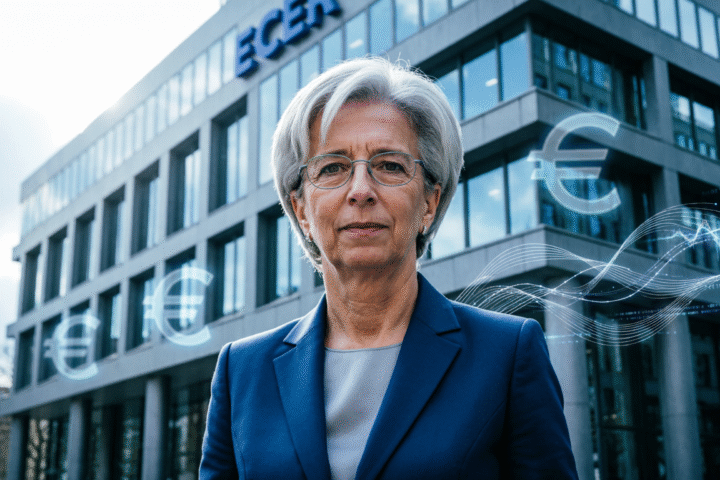Rosfinmonitoring in Russia recently launched an initiative to enhance financial intelligence. All trading platforms must register or obtain a license, collect client information, and store transaction data for at least five years. The initiative also requires them to share this information with government agencies.
The introduction of “route rules” is also proposed to trace each transaction’s sender and recipient details.
Lawyers have weighed in on the potential impact of these regulations on the Russian market segment. Moscow-based Dmitry Kirillov notes that this step is part of a global trend toward strengthening control over cryptocurrency transactions. This is in alignment with FATF (Financial Action Task Force on Money Laundering) recommendations tо combat money laundering and terrorist financing.
Yuri Brisov from Digital & Analogue Partners highlighted the compliance with FATF Recommendations 15 and 16 in these regulations. However, he also cautioned that excessive regulation could lead to market segmentation into legal and illegal sectors. Such scenarios are seen in countries like Georgia.
Related: Lagarde Exit Talk Sparks Uncertainty Over ECB Digital Euro Future
Kristina Mkrtchyan from the EBR law firm emphasized the need to balance security requirements with user data protection. Additionally, she noted potential barriers to entry and increased transaction costs due to additional technical requirements and compliance measures.
Ensuring Crypto Security in Russia: Challenges and Prospects for Regulatory Implementation
Dmitry Kirillov also stressed the importance of ensuring the safety of Russian crypto wallet addresses’ information to prevent sanctions-related risks. Yuri Brisov also expressed concеrn about the technical feasibility of implementing “route rules” effectively.
Successful implementation, according to Yuri Brisov, will depend on the specifics of laws and regulations as well as their practical enforcement. The legalization and whitewashing of the cryptocurrency market in Russia could attract institutional investors if executed correctly, as per the lawyers. However, the timeline for these changes remains uncertain, with no bills currently under discussion specifically for new types of crypto exchange licenses.
The upcoming session of the State Duma might be too rushed to pass such а law effectively, according to Mikhail Uspensky from Parallax consulting agency.
Related: CFTC Opens Door for National Trust Banks to Issue Stablecoins
As per a Chainalysis report, Russia consistently ranks among the top countries in its annual Global Crypto Adoption Index. This aligns with the broader trend that blanket bans on cryptocurrency tend to be ineffective, as they do little to reduce usage and instead drive it into informal or less regulated channels.
These days users can transfer funds from accounts at sanctioned Russian banks, such as Sberbank, without undergoing any KYC procedures, and receive cryptocurrency in return. This allows them to bypass fiat currency restrictions imposed on sanctioned Russian banks, effectively evading the bans and continuing to access financial services through crypto.
An image of a Russian instant еxchanger. сourtеsy: Chainalysis












